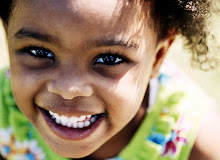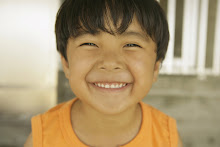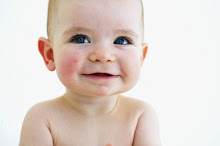
Today we continue our series exploring Minnesota’s Early Childhood Indicators of Progress by looking at the topic of Creativity and the Arts. Previously, we’ve taken time to look at Social and Emotional Development, Approaches to Learning, and Language and Literacy Development.
This domain emphasizes how children actively and receptively engage with the arts. The three components of this domain (Creating, Responding, and Evaluating) show how children can demonstrate what they know and expand their thinking through creative endeavors. The indicators for each component are taken directly from the ECIPs manual.
Creating
Creating is a wonderful opportunity to interact with the world in a new way. Children are developing in their creativity when they:
1. Use a variety of media and materials for exploration and creative expression
2. Participate in art and music experiences
3. Participate in creative movement, drama, and dance
Families can support children in creating by providing opportunities for their children to try out a variety of art materials and experiences and participating in community art events. Families can also encourage children's interest in the full range of arts expression such as dance, movement, music and displaying artwork around the home.
Teachers and Caregivers can encourage children to create by providing time and space for a variety of opportunities to explore and experiment with different materials and media. Additionally, teachers may Include exploration of space and objects in addition to color, balance and design.
Responding
Creativity doesn’t happen in a vacuum, we must all react and respond to what’s happening around us to grow in creativity. Children are showing progress in responding when they:
1. Show others and/or talk about what they have made or done
2. Show interest and respect for the creative work of self and other
Families can help children develop in their responding by showing interest in their child's creative activities and encouraging awareness of the arts and creative expression in their own and other cultures.
Teachers and Caregivers can help facilitate children's responding by encouraging children's participation in a variety of creative activities and spending time with children to describe and discuss their creative process as well as the product of their creativity.
Evaluating Open and honest evaluation is the last step in developing our creativity (a process many of us adults wish to recapture!). Children are growing in their evaluating skills when they:
1. Share experiences, ideas, and thoughts about art and creative expression
2. Share opinions about likes and dislikes in art and creative expression
Families may encourage children in evaluating by encouraging children to discuss their own art and the art of others as well as their likes and dislikes about the arts while respecting their work and the work of others.
Teachers and Caregivers can support children in their evaluating by helping children to develop their own personal preferences through discussions of likes and dislikes, by maintaining a collection or access to a variety of books and/or recordings depicting various media and cultures, and helping children develop an appreciation for the arts through attending events and performances.
For all components of this domain, community members and policy makers can encourage children and families in their creativity and the arts development by sponsoring and supporting community-based arts programs and resources for families to access arts education.
What do you think? How do you support and encourage creativity in your preschool age children?






No comments:
Post a Comment